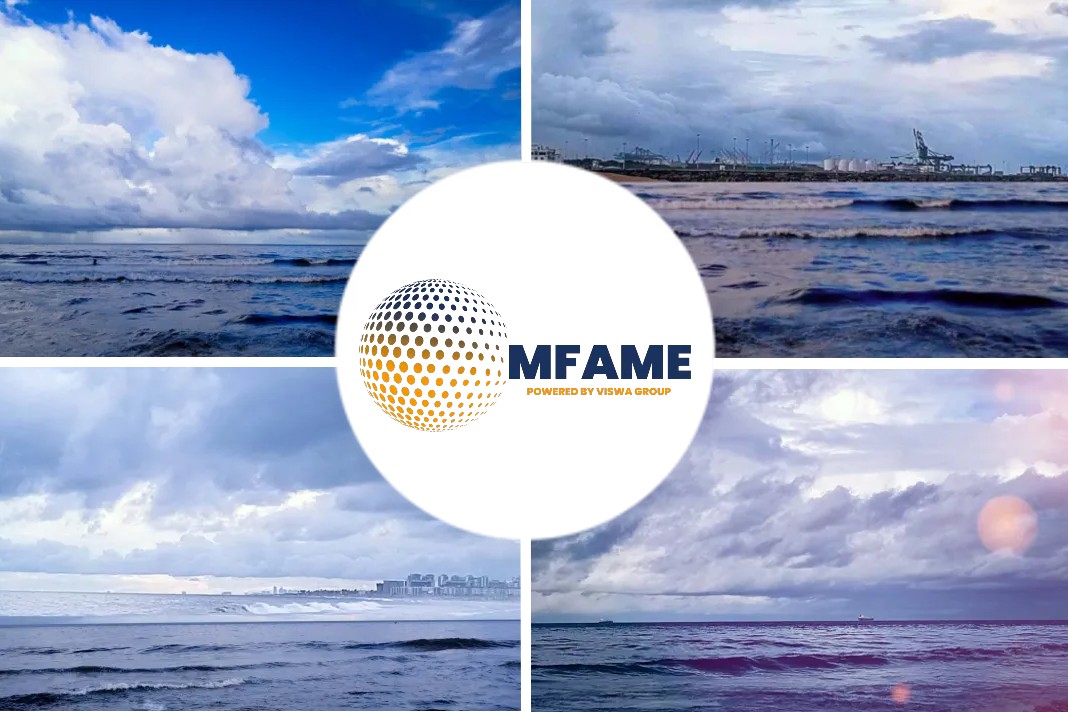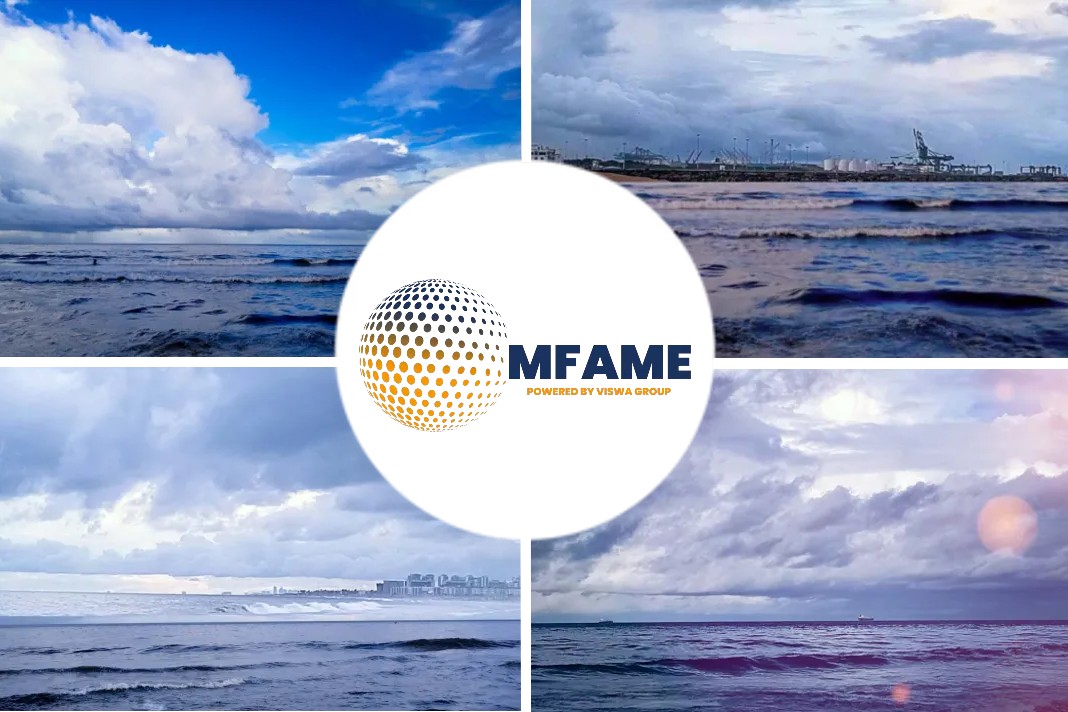- The leading sage of ocean shipping, Martin Stopford, appeared on a Zoom presentation on Tuesday.
- Stopford – author of the industry bible, “Maritime Economics,” non-executive president of Clarksons Research Services and visiting professor at Cass Business School.
- Stopford developed three ocean-trade scenarios for 2020-2050.
- The first featuring a mild COVID-19 recession through 2021 followed by a return to the traditional 3.2% annual growth rate.
- The second based on an extended recession through 2024 and moderate growth after that.
- The third, a worst-case scenario that involves a severe contraction through 2024 and very slow growth thereafter.
A recent article published in Freight Waves shares the knowledge of Stopford and his knowledge on the rise and fall of shipping markets through the centuries, comparing the attributes of each crisis to the others.
Recovery timing
In a new white paper, he detailed how the worst shipping recessions come in the wake of shipbuilding booms, featuring deep and lasting slumps in vessel values. The silver lining of the coronavirus crisis is that it comes at a time of relatively low ship values after a long period of shipbuilding contraction.
“But what’s worrying about this crisis with COVID-19 is the behavioral factor,” said Stopford. “Oil demand is very vulnerable. Nobody’s flying. Nobody’s driving. I was just invited to go to Korea with all expenses paid in September, but I said I wasn’t sure I want to sit on a plane for 30 hours in September.”
This behavioral “X factor” makes predictions of recovery timing extremely difficult. It could also make people more bearish than conditions warrant, creating a self-fulfilling prophecy.
“We have to be careful that we don’t talk ourselves into a really deep depression,” Stopford warned. “The lockdown has taken a great big bite out of consumer expenditures. But governments could get us out of lockdown and everyone could get back to business and we could just get used to the fact that we have to be more careful when we go outside.”
Three ocean-trade perspectives
Given the extreme uncertainty, Stopford developed three ocean-trade scenarios for 2020-2050: the first featuring a mild COVID-19 recession through 2021 followed by a return to the traditional 3.2% annual growth rate, with ocean volumes reaching 28.8 billion tons in 2050; the second based on an extended recession through 2024 and moderate growth after that, with ocean trade reaching 20 billion tons in 2050, around double current levels; and a worst-case scenario involving a severe contraction through 2024 and very slow growth thereafter, in which ocean trade reaches just 11.6 billion tons in 2050, roughly current levels.
Deglobalization
Various commentators have argued that the coronavirus will convince shippers and governments to diversify supply chains, not deglobalize and bring supply chains closer to home. Stopford isn’t convinced.
“We’ve all heard plenty of talk lately about the end of globalization and I don’t think that’s a bad thing. Regional economies are big enough to be largely self-sufficient and we’re learning lessons about supply chain problems. We need to spread the manufacturing jobs around regions and technology does make labor [costs] less important in manufacturing.”
He continued, “We might be entering into an era when globalization is no longer the [driving] issue, so we may be looking at more short-sea shipping and more regional clusters.”
The consequence for container shipping would be lower ton-mile demand (vessel demand measured in cargo volume multiplied by distance). He believes there would be less demand for very large container ships and more demand for smaller vessels doing short-sea routes and competing with trucking. From a climate change policy perspective, “substituting short-sea shipping for land-based transport is going to be a winner,” he added.
Technology and carbon emissions
Stopford believes it’s a mistake to focus entirely on the coronavirus crisis and forget about the other major issues that ocean shipping faces over the coming decades. These include the normal need to build new ships to replace aging vessels and accommodate trade growth, the use of new technologies that will allow future ships to be more efficient, and efforts to cut shipping greenhouse gas (GHG) emissions by 2050.
FreightWaves asked Stopford whether economic fallout from coronavirus could make countries less inclined to back shipping’s 2050 GHG emissions-reduction goal.
He responded, “We haven’t heard much about little Greta [Thurnburg] lately and I think it’s very difficult for societies to stick to long-term theoretical goals. Climate change is not on our minds, although I can guarantee you that I’ll hear the world ‘coronavirus’ six times in the first two minutes I switch on the radio.”
Shipping events and digitalization
Stopford saw his own Zoom presentation as an example of how the coronavirus could change behavior, as well as evidence of how shipping could embrace digitalization.



















